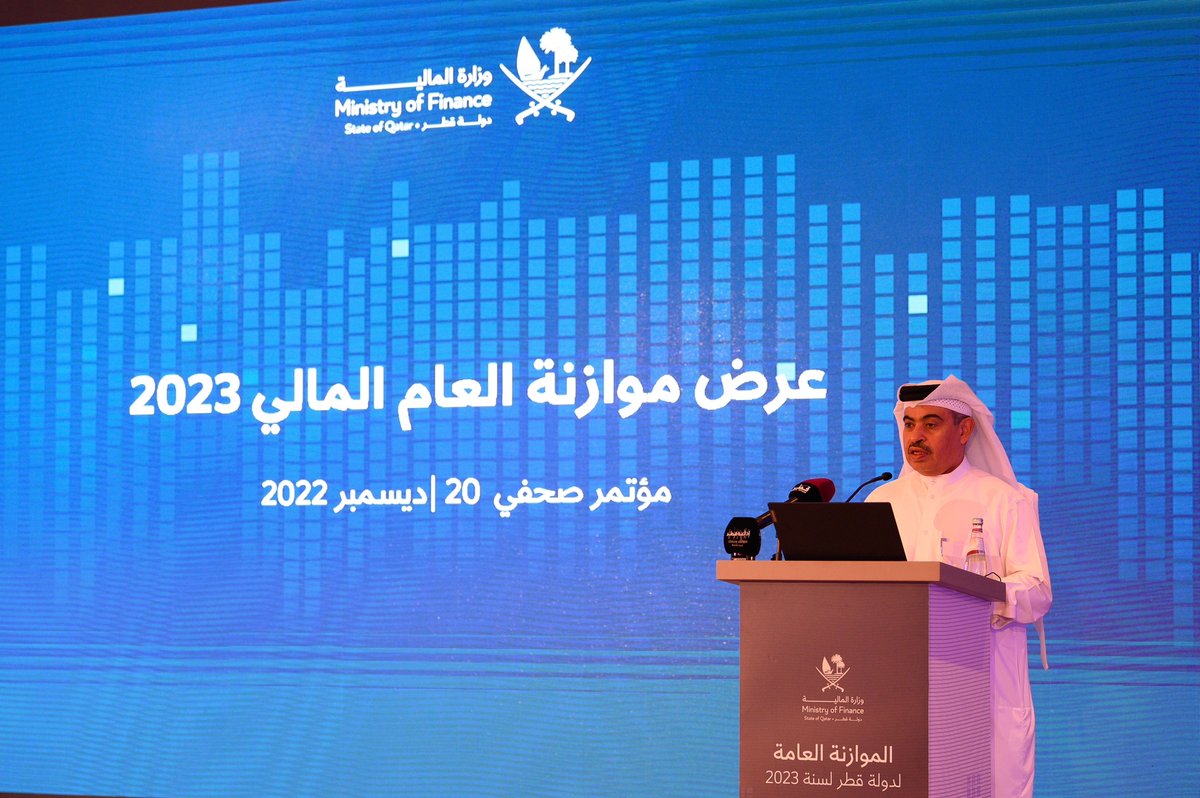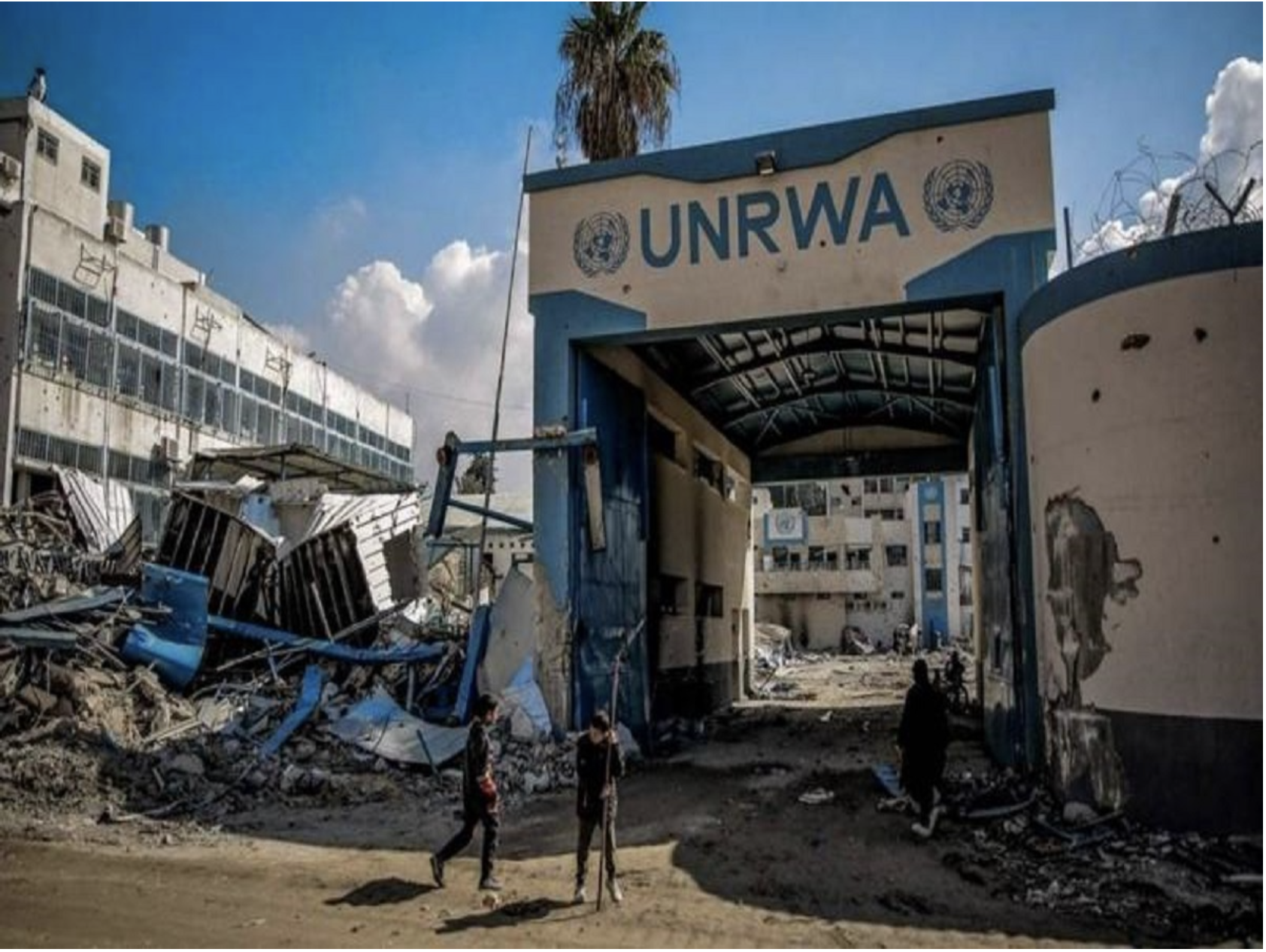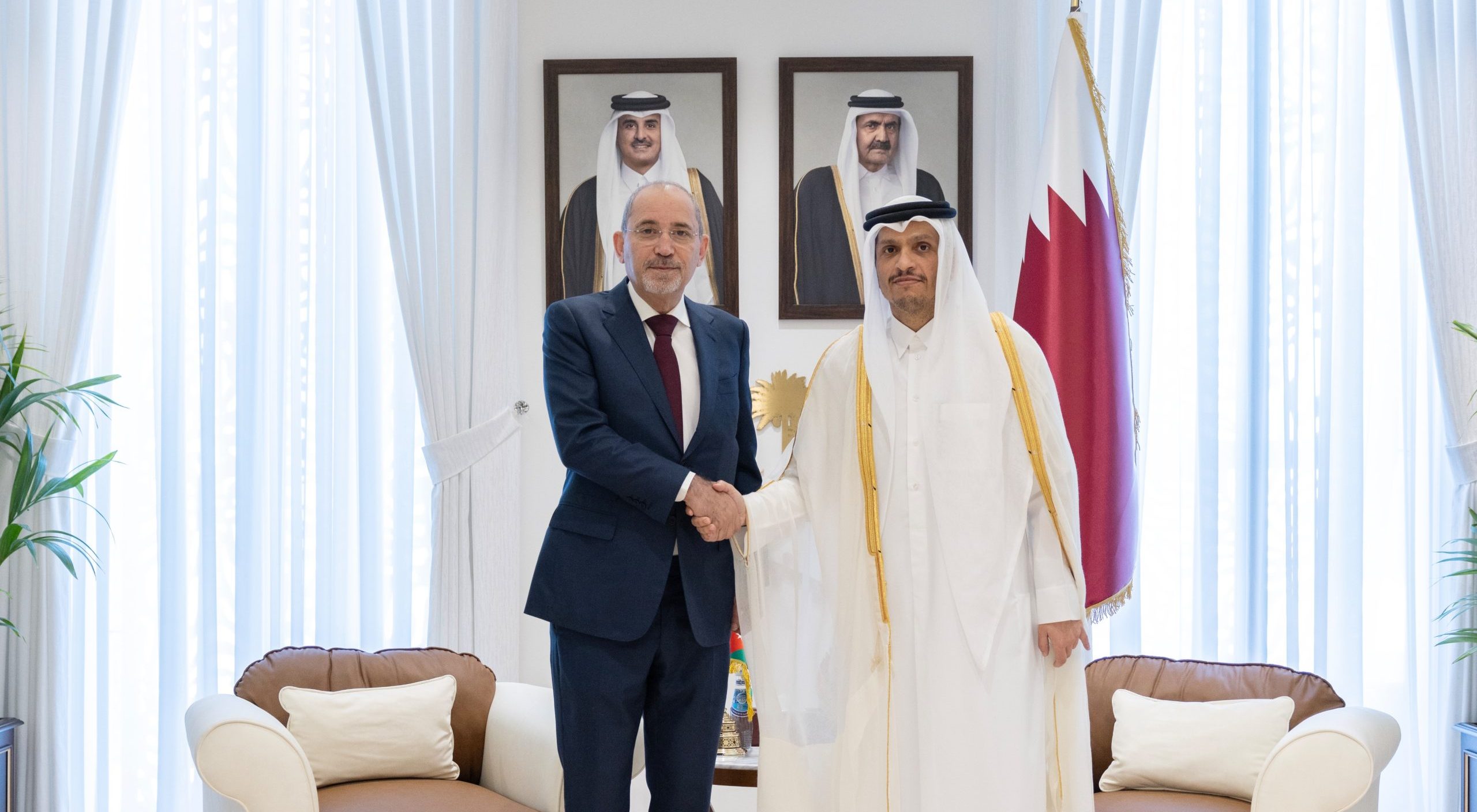A 4.4% GDP growth rate was seen in the first half of 2022, and in 2023, it is anticipated to slow.
Qatar approved its budget for the 2023 fiscal year, with particular focus on health and education sectors as the Gulf state waves away spending on World Cup projects.
The World Cup-related expenses are now complete, and the total budgeted spending in 2023 is almost 3% less than it was in 2022. In addition, the allocations for major projects fell by 13.6% to 63.9 billion riyals.
The health and education sectors will receive about 20% of spending in 2023.
Meanwhile, revenue is expected to rise 16.3% in 2023 as a result of rising average oil prices
The total annual revenue is estimated to be 228 billion riyals ($62.64 billion) and the total annual spending to be 199 billion riyals, with a budget surplus of 29 billion riyals, Minister Ali bin Ahmed Al Kuwari said, according to Qatar News Agency.
Compared to the assumption of $55 per barrel for 2022, the budget was based on an oil price assumption of $65 per barrel.
While non-oil revenue is anticipated to stay constant at 42 billion riyals, oil and gas revenue is projected to increase 20.8% over the budgeted amount for 2022.
The finance minister cited “the remarkable recovery in global energy prices during the current year, in addition to the estimates of international institutions that energy prices will continue to rise in the medium term” as the reasons for the anticipated increase in revenue.
According to the Minister, the State of Qatar’s fiscal year 2023 budget surplus will be used to reduce public debt, maintain the reserves of the Qatar Central Bank, and raise the capital of the Qatar Investment Authority.
The Gulf nation posted a surplus of 30 billion riyals in the third quarter thanks to high energy prices around the world.
The first half of 2022 saw a 4.4% GDP growth rate, which is expected to slow in 2023.
Standard Chartered stated in a 2023 Economic Outlook report earlier this month that “economic activity should continue to be supported by investment related to the North Field gas expansion and robust growth in logistics, manufacturing, and trade.” GDP growth was predicted to slow to 4% in 2023 from 4.7% this year.
Since Russia’s invasion of Ukraine in February, demand for LNG from Europe has increased, benefitting Qatar, one of the world’s top LNG exporters.







